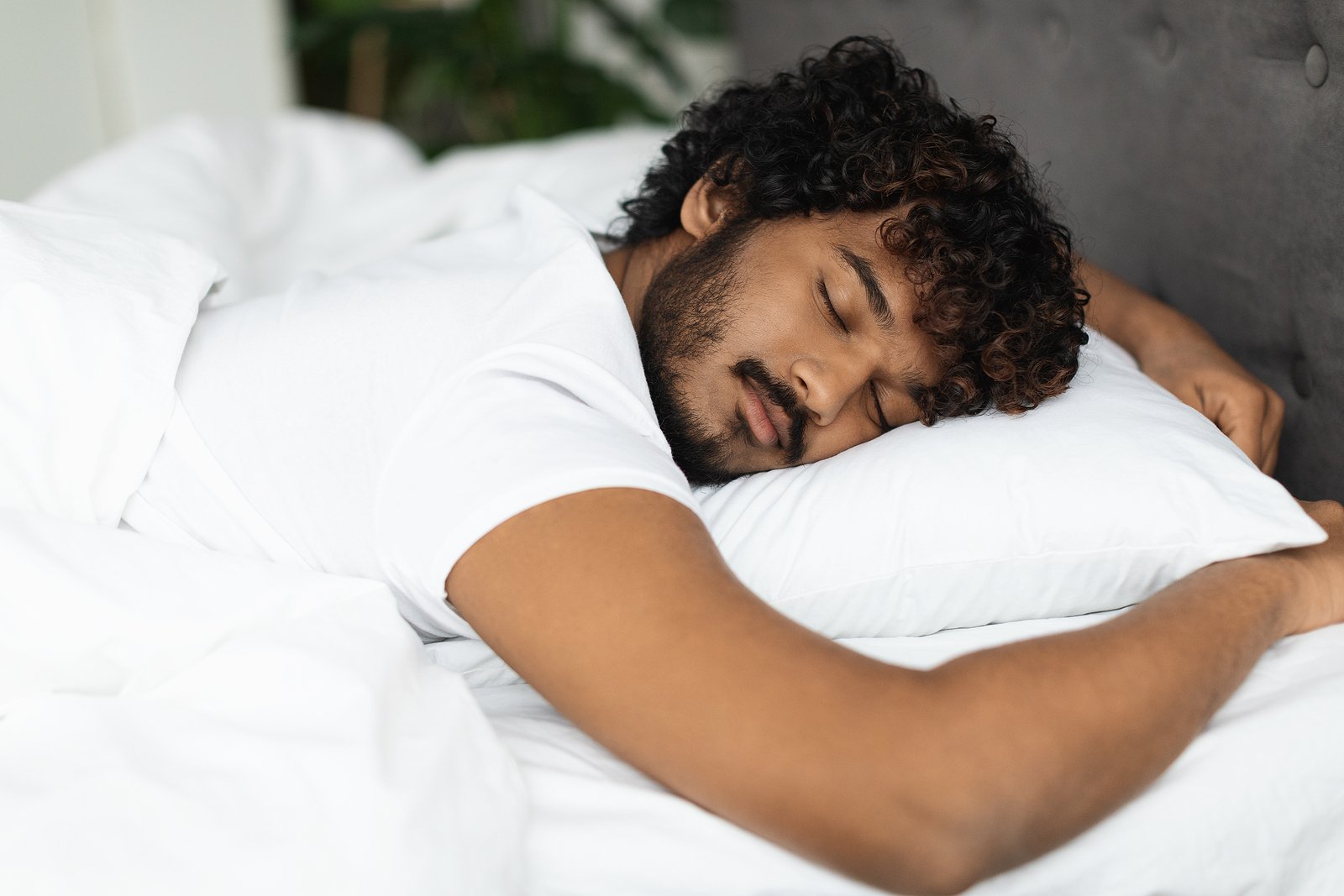
You have probably heard a person ask before, “What’s the best way to recover?” People usually give a multitude of answers ranging from ice baths, stretching, foam rolling, and more. However, many of these methods of recovery have limited or anecdotal research supporting their validity. The one tool that every person has access to and has been well proven by research to be effective, is sleep.
Adequate sleep is integral to recovery and athletic performance. The National Sleep Foundation suggests that healthy adults get between 7-9 hours of sleep to carry out daily activities (Sargent et al., 2014). It has been suggested that the average person gets at least 8 hours of sleep to prevent neurological and cognitive deficits in their performance (Lastella et al., 2015). Studies have shown that people that report getting 8 or more hours of sleep a night have improved mood, sleep quality, energy levels, and decreased muscle soreness (Hamlin et al., 2021). As a professional in the fitness industry, I find it vital to emphasize the importance of sleep as a tool to recover.
In addition to the recovery and performance increases associated with sleep, it has also been found that adequate sleep helps reduce injuries and injury risk. It has been found that the average person that sleeps 8 hours or more were less likely to suffer injury or illness (Hamlin et al. 2021). Sleep can be a key factor in reducing injury which allows us to be consistent, to pursue hobbies, and live an overall healthy lifestyle.
As new gimmicks or recovery tools are created, it is important to remember the one free and accessible way to recover: sleep. Quality and adequate sleep can set us up for success in our personal and athletic lives. It should be used as a pillar of fitness in our lives just as we view exercise and nutrition.
Sam Grillo is a trainer at Merritt Clubs Fort Avenue.
Citations
Lastella, M., Roach, G. D., Halson, S. L., and Sargent, C. (2015). Sleep/wake behaviours of elite athletes from individual and team sports. Eur. J. Sport Sci. 15, 94–100. doi: 10.1080/17461391.2014.932016
Sargent, C., Lastella, M., Halson, S. L., and Roach, G. D. (2014). The impact of training schedules on the sleep and fatigue of elite athletes. Chronobiol. Int. 31, 1160–1168. doi: 10.3109/07420528.2014.957306
Hamlin MJ, Deuchrass RW, Olsen PD, et al. The effect of sleep quality and quantity on athlete’s health and perceived training quality. Frontiers. August 6, 2021. Accessed October 13, 2023. https://www.frontiersin.org/articles/10.3389/fspor.2021.705650/full.










